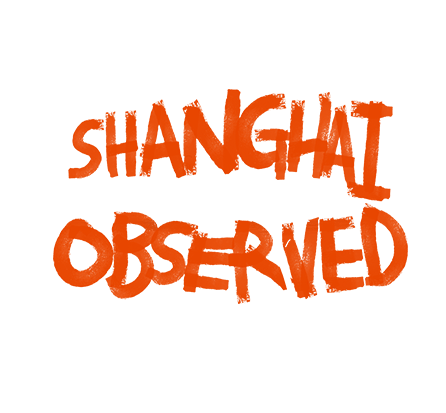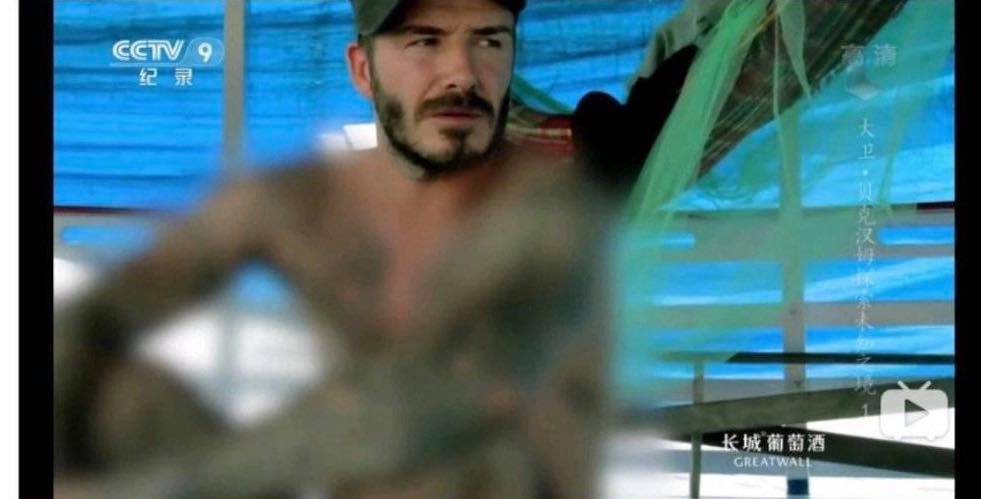No products in the cart.
Blog
China Censored: Television
- Censorship covers a huge range of things, from dyed hair to costume epics.
- Censorship has increased over the course of the last decade.
- The Chinese Government hopes to guide its citizens on the correct moral path using television
What does censorship on Chinese television look like? We’ve all seen clips of CNN on Chinese TVs cutting to black when news from Hong Kong or Tibet is shown. We are also aware that political shows are restricted from airing certain opinions. But that view barely scratches the surface of how the Chinese Communist Party (CCP) guide and alter what Chinese citizens can view. In truth, every second of television broadcast in China is monitored and controlled. In the last few years especially, the focus has shifted away from a ban on broadcasting shows that negatively represent China’s one-party system, or authoritarianism more generally. The focus is now on shows that actively convey the government’s moral codes, ideals and promote a way of life that The Communist Party Support. This expands to a ban on seemingly benign things.
China has changed dramatically since 2012 when Xi Jinping became chairman of the CCP. A concerted effort has been made in all areas of China for the state to have increased control over people’s lives. This is internationally visible in the unrest in Hong Kong, the seemingly totalitarian policies in Xinjiang, and the increasing strength of China’s ‘great firewall’.
For the average Chinese person, however, the increased control of the CCP is most visible on their television screens. In recent years the CCP and its media mouthpieces have stressed a need for increased control of broadcasting. 1905, a state-affiliated film company stated that “in the future, strict control of the film and TV industry will be the norm” because works of entertainment “are not just cultural or consumer goods – they are also carriers of mainstream ideology, and thus of enormous concern to the [Communist] Party and the country”. The CCP has started to look at television as something that needs to be brought completely under their control. To promote “core socialist values”, such as the “virtues of frugality and hard work”.
This increased censorship has led to some fairly bizarre things being banned. Notably coloured hair has received a huge amount of focus. This year South Korean show Shining Star has been dropped from networks as a result of a “Value guidance problem”. The problem being that the characters “should not encourage viewers to dye their hair various colors and dress up in garish clothes on stage”. The show aimed at children was accused of promoting the rebellious habit of dying hair. In 2019 the song contest show Youth With You faced a similar problem and was removed and re-broadcast with digitally edited hair that replaced bright colours with more naturally coloured hair.
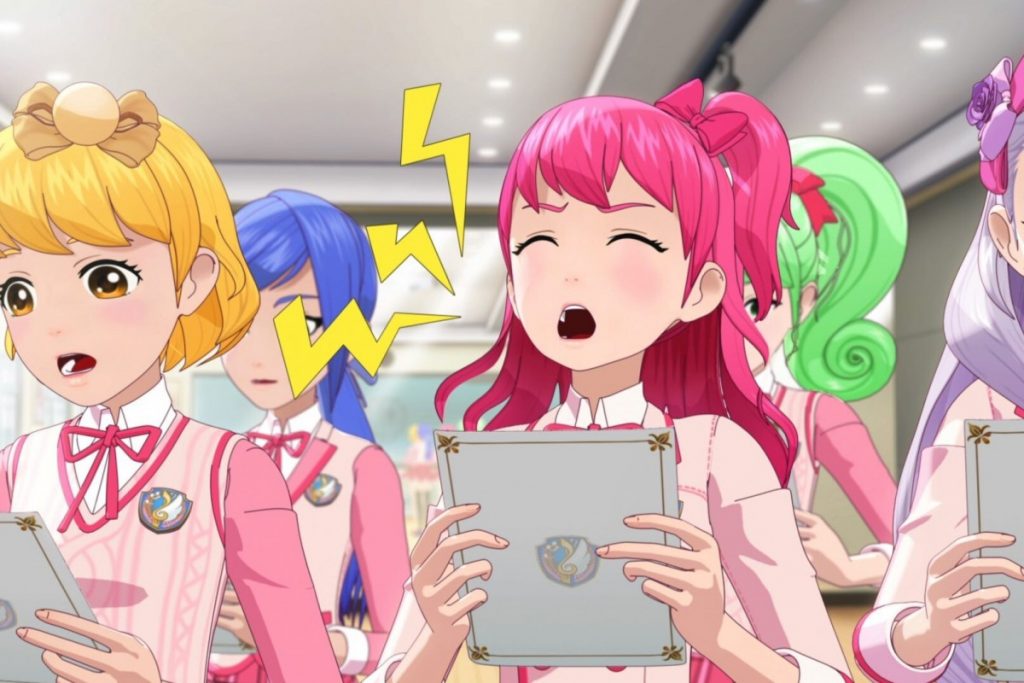
Shining Star was drooped for featuring dyed hair.
Dyed hair isn’t the only aesthetic choice to have faced the chop on Chinese Television. Tattoos are banned, in part, due their association with gangs, and anarchistic ideals. Beyond this anything that makes men look too ‘effeminate’ is also censored. This includes earrings, ponytails, and make-up. The choice to censor the aforementioned things has led to a series of ridiculous screenshots, depicting poorly censored items. Earrings and Tattoos are often covered by blurring, and in one instance a ponytail was even covered with an animated cat. Even David Beckham could not escape without censorship of his tattoos.
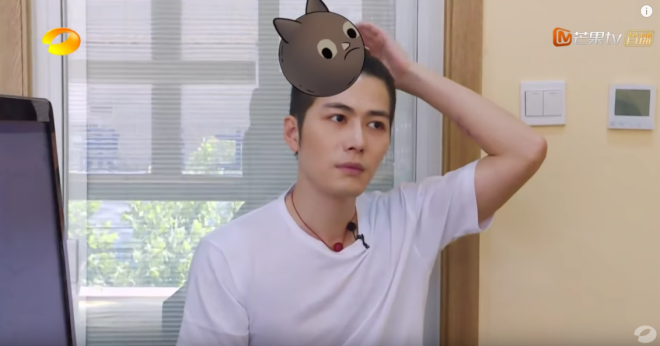
A ponytail censored with a cartoon cat.

Censored earings
The bans cover a huge array of things that go deeper than one might expect. Along with hair dye and piercings, much more is banned. Homosexual relationships, drugs, unhappy marriages, witches, time travel, reincarnation, sexual perversion, sexual abuse, incest, vengeance, puppy love, star crossed lovers, sexual freedom, one-night stands, prostitution, cleavage, luxury lifestyles, ‘bad-behaviour’, unscientific fantasy, negative presentation of police, crimes going unpunished, and much more are all subject to varying levels of banning and censorship.
Interestingly, things like drug abuse or rape are prohibited from being shown even if they are portrayed as bad. Voting on television contests is also heavily restricted as it promotes democratic ideals, the show Super Girl was pulled as the voting for contestants was seen as “subversive” (Washington Post). The CCP hopes that by not showing negative things on television they can promote the “correct moral code” to their citizens. The ban on immoral and subversive ideas even extends to subtitles putting undesirable words, such as dead, in quotation marks.
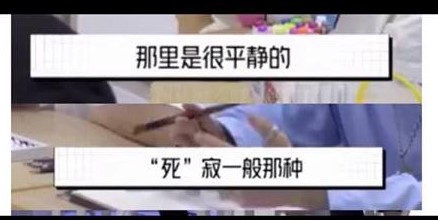
The word 'dead' has been placed in quotation marks
Entire genres have also come under threat. In recent years, costume dramas (think Chinese Downton Abbey) have exploded in popularity. The shows often depict imperial life in historical China and feature lavish costumes, backstabbing, and all the drama you’d hope to see in western costume epics. The shows, however, are being restricted heavily, with the government stating that such restrictions are to promote the “correct historical view”.
Recently a cap has been put on how much of a television station’s programming can be dedicated to costume dramas, limiting them to 15%. With shows like Story of Yanxi Palace even being removed from conventional television, and recently taken off online platforms too. Story of Yanxi Palace and other similar dramas were openly berated by party mouthpiece Theory Weekly who pointed to the “sins” of imperial dramas, claiming they encouraged viewers to pursue the glamorous lifestyles of China’s past monarchs and promoted pleasure and luxury.” (South China Morning Post) The Communist party also accuse the shows of allowing “a glorification of emperors” to overshadow “the heroes of today”.
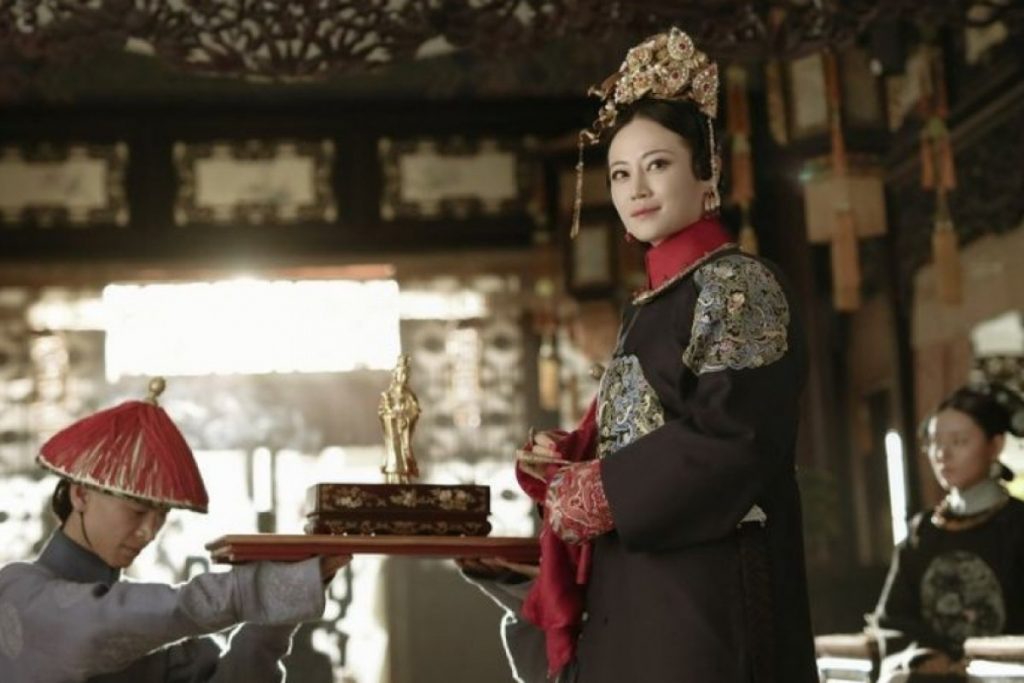
The Story of Yanxi Palace
Novaland: Eagle Eye, a series similar to Game of Thrones, was pulled from schedules 20 minutes before its release. The release was shelved on orders of ‘Higher Levels’ according to The Global Times. These shows are exported overseas and this is perhaps why they are facing such strict monitoring, as China wants to project a positive image internationally.
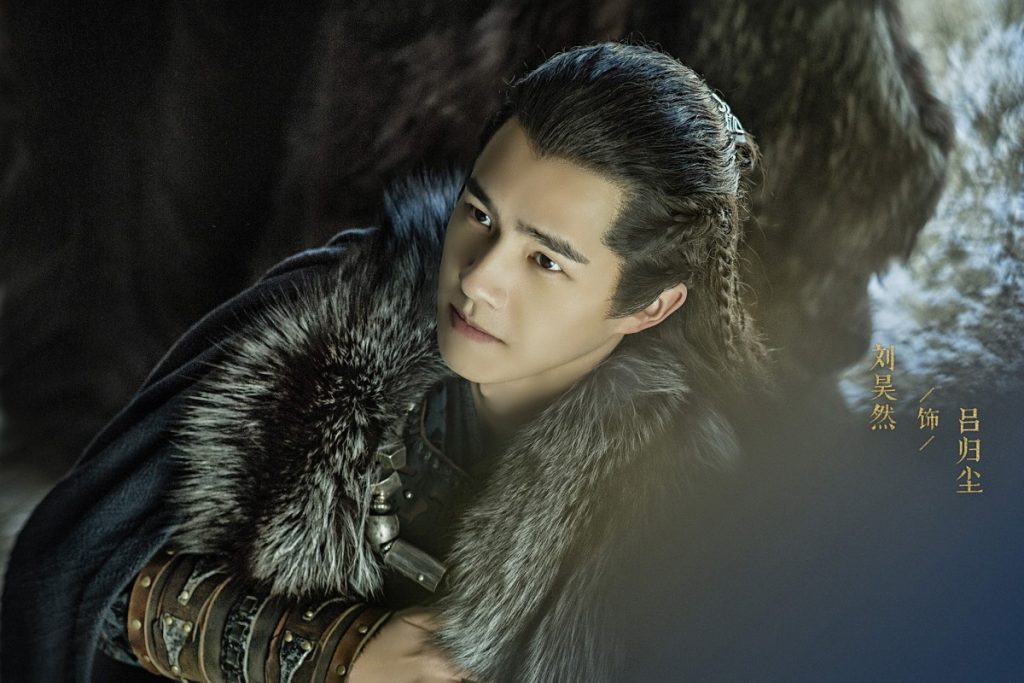
Novoland:Eagle Eye
The crackdown on ‘Costume Dramas’ also target martial arts, mythology, palaces, fantasy and history. It is important to note that even though The Story of Yanxi Palace is hugely popular, having been streamed 15 billion times on iQiyi, it was not saved from being attacked by censors. For lovers of Chinese culture this ban is particularly worrying as Chinese drama traditionally features elements of backstabbing, supernaturalism, imperial story lines, and passionate emotion. Traditional Cantonese opera, Chinese poetry, or even famous stories like Journey to the West (China’s most famous and celebrated story) would face tight restrictions if released today.
Fantasy epics and costume dramas are hugely popular in China, so to make up for their removal the CCP promised a large number of high budget dramas. These dramas were based on the history of The Communist Party and were supposed to fuel national pride, socialist values, and so-called correct morals. A drama about Zhou Enlai, a premier under Mao, has been one of the most high-profile examples to date. The party is replacing popular shows with those that tread the party line.
In the build up to last year’s 70th anniversary of Communist China, the restrictions became even tighter, with television stations given a choice of 86 patriotic shows to air. The aim was that around the time of the celebration the whole of China should be overtaken with nationalistic sentiment.
Television has always been tightly controlled in China but the last few years have seen an increased focus on the issue, the new norm has become that the state controls media, and that media praises the state.
Sources & Further Reading :
https://variety.com/2020/tv/asia/china-tv-regulators-story-supervision-censorship-1234704571/
https://variety.com/2019/film/asia/china-censorship-film-tv-new-norm-1203234643/
https://www.scmp.com/news/china/society/article/3020970/no-period-dramas-or-pop-idols-chinese-censors-say-patriotic
https://www.scmp.com/abacus/culture/article/3091204/colorful-hair-gets-south-korean-cartoon-removed-chinese-tv-station
https://www.inkstonenews.com/society/china-censors-earrings-and-tattoos-men-triggering-masculinity-debate/article/3000499?_ga=2.187834024.1077019046.1598713288-291306677.1594457261
https://www.scmp.com/news/china/society/article/2183885/yanxi-palace-drama-chinese-state-media-declares-war-period-shows
https://www.washingtonpost.com/blogs/blogpost/post/chinas-super-girl-talent-show-canceled-for-being-too-democratic/2011/09/19/gIQAYthsfK_blog.html
